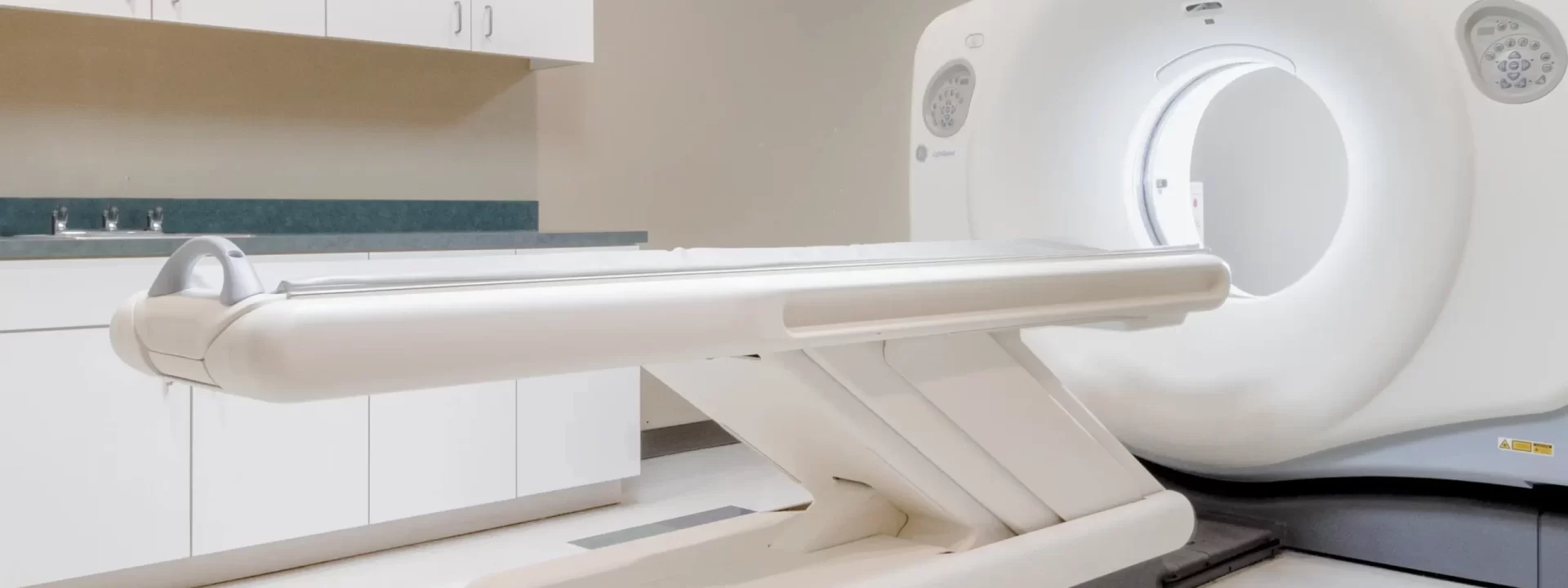Echo Scans in Dallas TX
Echocardiogram
An echocardiogram, commonly known as an Echo, providing real-time, radiation free imaging making it a preferred choice for many diagnostic procedures. If you need an Echo, contact us at (972) 759-5140 to schedule an appointment with us. At Crown Imaging, you are treated like family.
What is an Echo?
An echocardiogram, commonly known as an Echo, is a non-invasive diagnostic test that uses ultrasound technology to create detailed images of the heart.
It allows physicians to assess the heart’s structure and function, including the chambers, valves, and blood flow. Echo exams are crucial for diagnosing a wide range of heart conditions, such as valve disease, heart failure, and congenital abnormalities, and for monitoring ongoing cardiac treatment.
How do Echos work?
Echocardiograms work by using high-frequency sound waves, or ultrasound, that are transmitted through a device called a transducer. When placed on the chest, the transducer sends sound waves into the body, which bounce off the heart and return to the device. These returning echoes are converted into real-time images on a monitor, allowing cardiologists to observe the heart’s movement and blood flow. Doppler ultrasound, a special component of the Echo, can also show the speed and direction of blood flow through the heart.
The process of taking an Echo
During An Echocardiogram
- The patient lies on an examination table while a technician, called a sonographer, applies a special gel to the chest to help the transducer make secure contact with the skin and improve the image quality.
- The transducer is then moved across different areas of the chest to capture images from multiple angles.
- The test is painless, usually takes about 30 to 60 minutes and does not involve radiation.
- After the exam, a cardiologist reviews the images and provides a detailed report to help guide diagnosis and treatment.
Assessing Bone Health in Certain Medical Conditions
- Useful for patients with rheumatoid arthritis, chronic kidney disease, or thyroid disorders, which can affect bone strength.
- Helps monitor bone density in patients undergoing long-term steroid treatment, which can weaken bones.
What Are the Benefits of Bone Density Scans?
Bone Density scans have many benefits, including:
- Non-invasive & Painless: No needles or injections required.
- Low Radiation Exposure: Uses minimal radiation compared to standard X-rays.
- Early Detection: Identifies bone loss before fractures occur.
- Guides Treatment Plans: Helps doctors tailor osteoporosis treatments and preventive measures.

Types of MRI Scans
Precautions
Lorem ipsum dolor sit amet, consectetur adipiscing elit. Ut elit tellus, luctus nec ullamcorper mattis, pulvinar dapibus leo.
